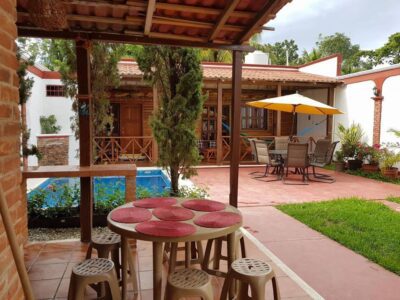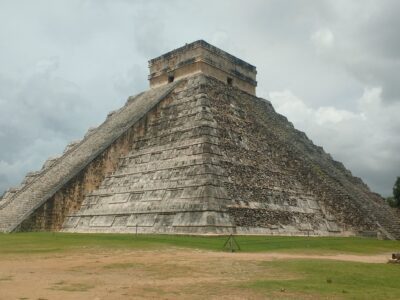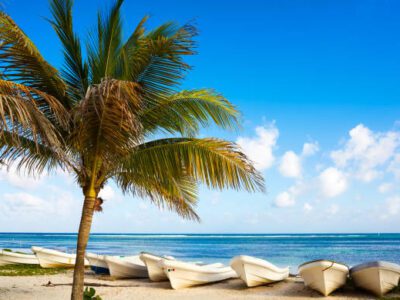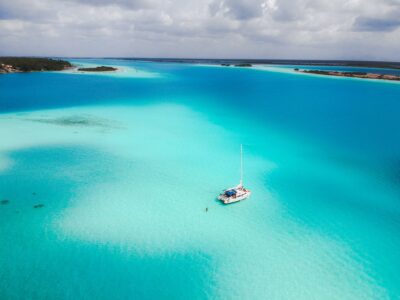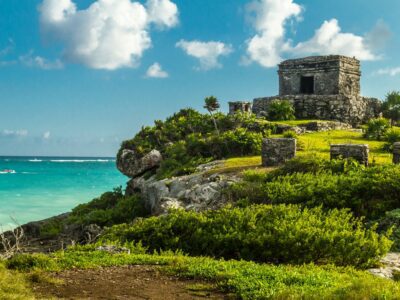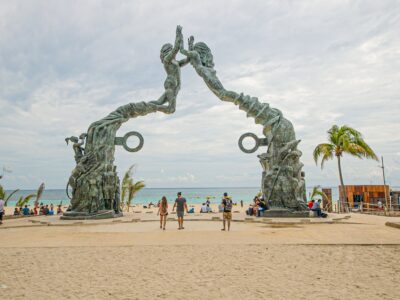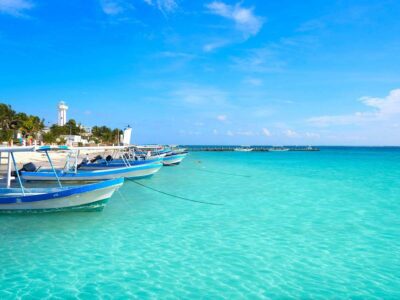Mexico is among the countries with the least protection of jaguar habitats in Latin America, reveals the WWF.
Mexico is among the Latin American countries with the least protection of priority landscapes for the survival of the jaguar, with only 26.9% of the protected surface, according to a report prepared by the World Wildlife Fund (WWF).
The study entitled “Connecting the Dots: The Socioeconomic Impact of Jaguar Habitats in Latin America” reveals that countries such as Mexico, Peru, Ecuador, Honduras, Paraguay, and Suriname protect between 26% and 47% of these landscapes. On the other hand, nations such as Bolivia, Colombia, French Guiana, Brazil, Belize, and Guatemala have more than 50% of their priority landscapes protected, while Guyana and Argentina barely protect a fraction, with 17% and 7.7%, respectively.
WWF highlighted that this disparity between the 15 countries analyzed highlights the urgency of intensifying conservation efforts in jaguar habitats, especially in those with low levels of protection.
Insufficient spending on the environment

The report highlights that public spending on the environment has stagnated since 2013, with an average of 9 billion dollars annually (at 2020 value) by Latin American governments. This situation complicates conservation efforts and highlights the need for greater financial commitments to protect these essential ecosystems.
Importance of jaguar habitats
The study, published in the framework of International Jaguar Day, highlights that jaguar habitats are fundamental, not only for the conservation of this emblematic species but also as generators of essential ecosystem services. These services include the provision of food and natural resources, the supply of clean water, and climate stability.
According to the report, the ecosystem services generated in the 15 priority landscapes for the jaguar, including the Mayan Jungle and the Central Pacific in Mexico, have an estimated value of between 1.5 and 4 billion dollars per year, which exceeds up to six times the economic activity of the region.
The International Jaguar Day seeks to highlight the importance of conserving this emblematic feline, a symbol of the natural and cultural wealth of Latin America.

Strategic areas and economic contributions
The selected strategic areas cover 244.3 million hectares distributed in 14 countries, where 62 million people live and 708.3 billion dollars are generated annually in economic activity, linked to sectors such as commerce, transportation, banking, and education.
Per hectare, these landscapes contribute between 15,800 and 22,200 dollars annually in ecosystem services, consolidating themselves as critical areas for the sustainable development of the region.
WWF Statement
“The jaguar is much more than a cultural symbol; it represents a strategic resource for the environmental and economic stability of the region. Protecting its habitats also means safeguarding a source of natural wealth that drives sustainable development in Latin America,” said Roberto Troya, WWF Regional Director for Latin America and the Caribbean.
TYT Newsroom
The post Mexico only protects 26.9% of priority jaguar natural habitats: WWF first appeared on The Yucatan Times.



